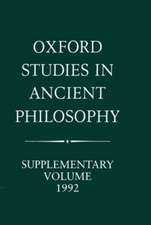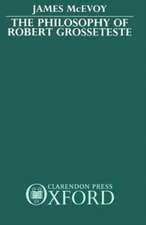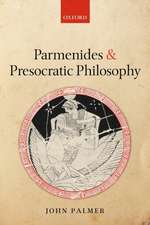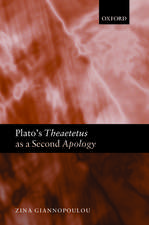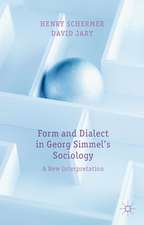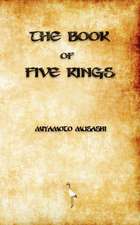Happiness: Personhood, Community, Purpose
Autor Pedro Alexis Tabenskyen Limba Engleză Paperback – 15 noi 2016
| Toate formatele și edițiile | Preț | Express |
|---|---|---|
| Paperback (1) | 469.34 lei 6-8 săpt. | |
| Taylor & Francis – 15 noi 2016 | 469.34 lei 6-8 săpt. | |
| Hardback (1) | 1001.84 lei 6-8 săpt. | |
| Taylor & Francis – 28 mai 2003 | 1001.84 lei 6-8 săpt. |
Preț: 469.34 lei
Nou
Puncte Express: 704
Preț estimativ în valută:
89.81€ • 93.77$ • 74.33£
89.81€ • 93.77$ • 74.33£
Carte tipărită la comandă
Livrare economică 04-18 aprilie
Preluare comenzi: 021 569.72.76
Specificații
ISBN-13: 9781138263628
ISBN-10: 1138263621
Pagini: 240
Dimensiuni: 156 x 234 mm
Greutate: 0.45 kg
Ediția:1
Editura: Taylor & Francis
Colecția Routledge
Locul publicării:Oxford, United Kingdom
ISBN-10: 1138263621
Pagini: 240
Dimensiuni: 156 x 234 mm
Greutate: 0.45 kg
Ediția:1
Editura: Taylor & Francis
Colecția Routledge
Locul publicării:Oxford, United Kingdom
Cuprins
Contents: Introduction: a basic topography of the ethical domain; Ethics and personhood; The Eudaimon principle; Logos; The method of critical introspection; Personhood and community; Our political nature; Selected bibliography, Index.
Recenzii
’Tabensky's work brings together some important new ideas and approaches to the discussion of ethical theory - in particular in the amalgamation of an essentially Aristotelian ethical stance with ideas derived from the work of the contemporary American philosopher Donald Davidson. No other work treats the concept of eudaimonia or 'happiness' in such a contemporary fashion. This book will be of interest, not only to those working on happiness, or topics relating to Aristotelian or communitarian ethics, but to those who have a broader interest in ethical and political theory, personhood and human identity, or Davidson's thought.’ Jeff Malpas, University of Tasmania, Australia. 'In returning us to the ancient philosophers' guiding question, 'What is the good life?', Tabensky does us, and ethics, a favour.' Philosophical Papers
Descriere
This book is about happiness and about how the supremely happy life - the life blessed with what Aristotle refers to as eudaimonia - is the life of an ethical individual living in a healthy community. Much ethical literature has drawn inspiration from Aristotle's outlook, but relatively little attention has been paid to the central concept of Aristotle's ethical system - the concept of eudaimonia. This book fills this important gap, focusing on Aristotle's central ethical concept and, among other things, using Davidson's account of mind and rationality to explain central Aristotelian claims relating to the structure of the psychological domain and to our radical interconnectedness. Starting with Aristotle, Tabensky shows how the ethical domain can best be understood in relation to our fundamental desire to live happy lives. Recapturing the Greek spirit, this book is an invitation to rethink the manner in which we understand our lives and the manner in which we conduct ourselves, and it is an invitation to do so in relation to an understanding of the sorts of creatures we are - creatures living for the sake of happiness.


